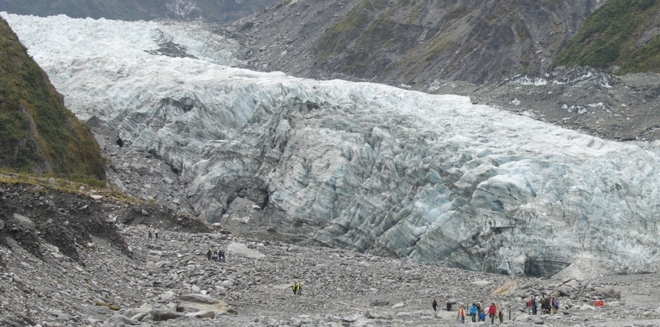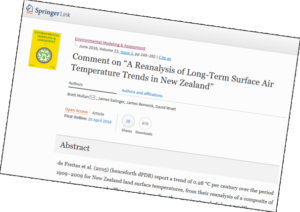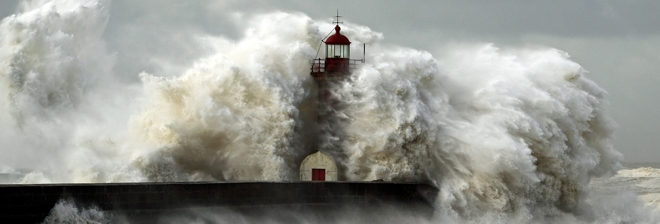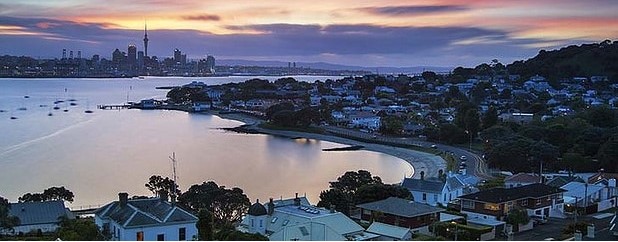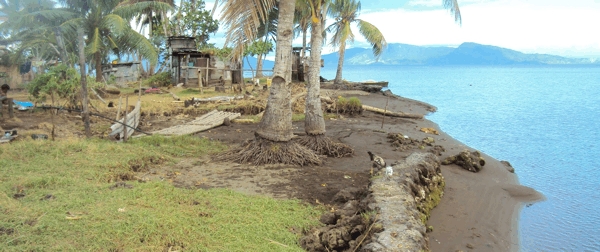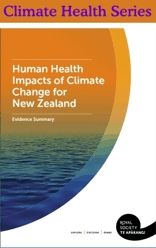The Herald published this gem two days ago. Well done, them. For some years our “cultural cringe” on hearing that foreigners might hold opinions of us has been, thankfully, fading as we mature. Unfortunately the new default position for many of us is that we are naturally held in some kind of universal esteem. Barry Brill here looks beyond that, pointing out that we’ve been marketing our country to ourselves, because around the world, still, few have heard of us. He also tells the government to leave marketing to the experts.
One thing is quite clear – “clean green” is not this country’s brand. It isn’t a brand at all, says a Government Advisory Group reporting on “Greening New Zealand’s Growth”.
The national brand “New Zealand” carries a collection of attributes for foreigners. Cleanliness and greenness can be amongst its positive attributes for tourism and food products in certain markets. But we need to understand the perceptions that accompany the words.

This is an adopted article.
The report highlights our ranking as one of “the top three cleanest countries” in terms of official corruption. This cleanliness “has definitely become part of our brand”. Fonterra notes that our brand is preferred because “New Zealand is seen as a natural safe and pure source of secure food nutrition”.
These words are readily associated with clean and unpolluted water, along with high standards of hygiene and quality control. Cleanliness and food safety go hand-in-hand. Continue Reading →
Views: 81

